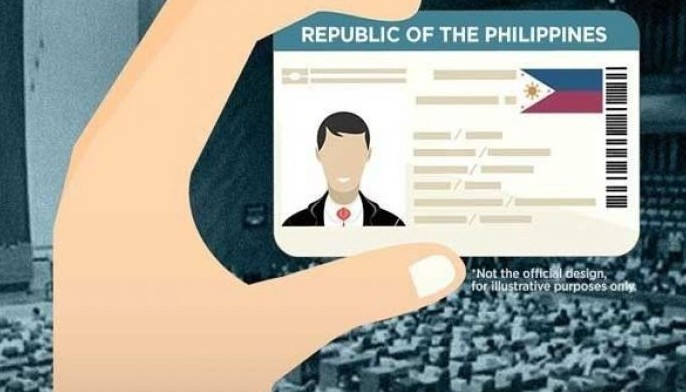MANILA, Philippines — Over a million Filipinos have preregistered with the Philippine Identification System barely eight days into the program’s pilot period, the National Economic and Development Authority (NEDA) said on Thursday.
Of the 1,058,546 cumulative preregistrations, 572,977 were males while the balance of 485,569 were females. By age group, 39.7% of registrants were young people aged 20 to 39 years old, while 37.9% were 40-59 years old.
Related Stories
The Duterte administration had started rolling out the national ID program, a priority project, in 32 areas last October 12. As of October 20, 28 of the 32 provinces were deemed “on track” to complete the preregistration of mostly poor individuals and with no access to banks.
Preregistrations involved the personal visitations from statistics personnel to gather personal data such as name, age, sex contact number and addresses. This initial step will run from October 12 to December 30, and will overlap on actual registration in PhilSys centers, where biometrics will be taken, beginning November 25.
With more than a million recorded so far, the government is well on its way to meeting its target of 5 million “heads of households” getting registered for its initial batch of enrollees from areas selected for their low transmission levels of the coronavirus.
PhilSys is governed by Republic Act 10173 signed into law by President Rodrigo Duterte in 2018 and aimed at capturing better information from Filipino citizens to improve targeting of public services to intended beneficiaries.
A unified national ID system, NEDA had said, would allow government to better locate recipients of subsidies such as the conditional cash transfer program.
Duterte ordered that the ID roll-out be accelerated last April when the social welfare department struggled to reach the 17.96 million families qualified for pandemic-related assistance.
For the public, having a single national ID would replace numerous public IDs to ease government and business transactions, including opening of bank accounts.
NEDA figures showed that on average, preregistration took 5.4 minutes per person. Each statistics personnel deployed for the job was able to register 41 people.
The government aims to register the entire Philippine population of over 108 million as of July 2020 to the system by 2022.


